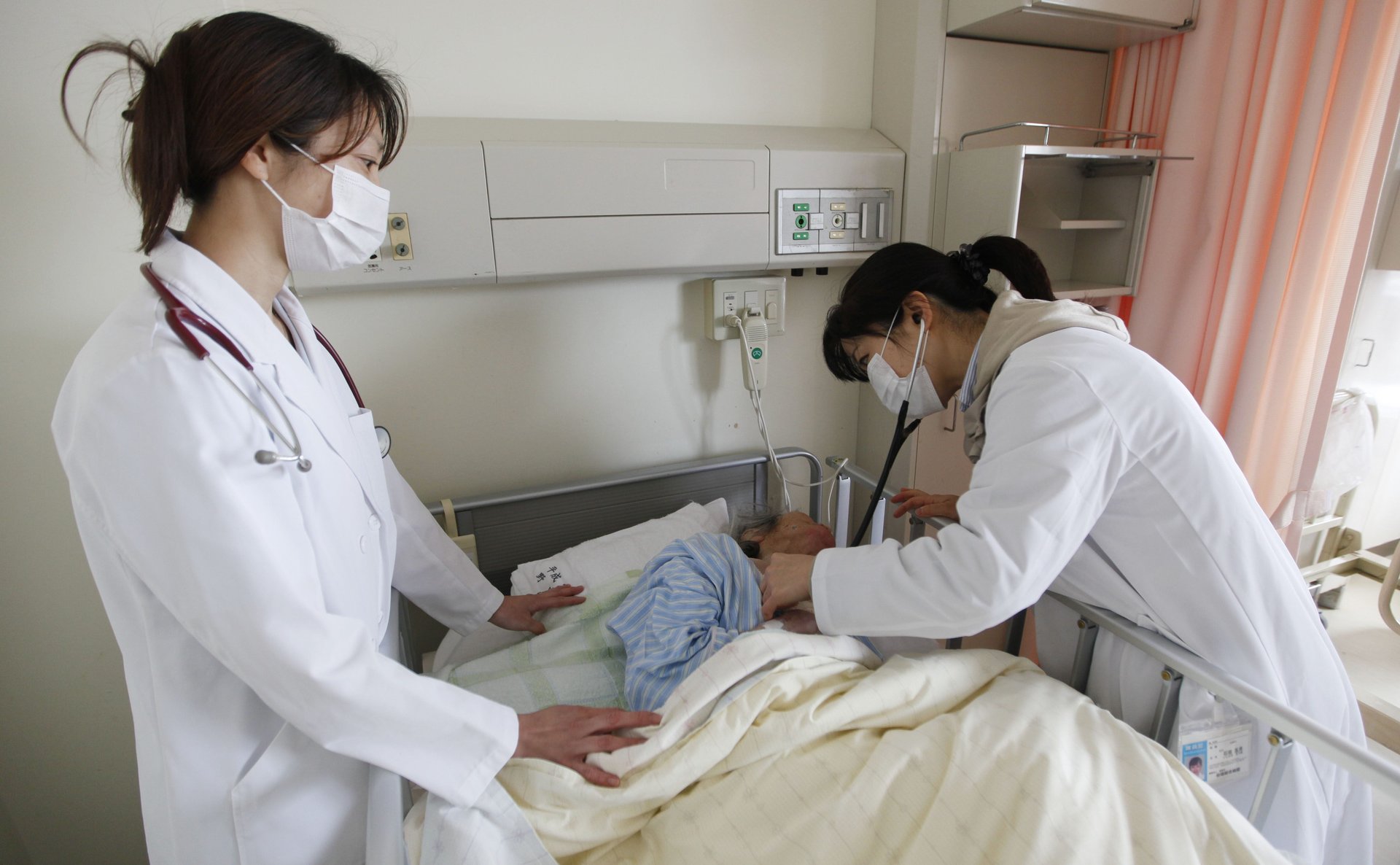After a Japanese medical school stopped rigging exam scores, women outperformed men
Last year, news that a Tokyo university had for over a decade doctored the test scores of female applicants so they could admit more men sent shockwaves through Japan and around the world. Now the rigging has stopped, women are doing better than men.


Last year, news that a Tokyo university had for over a decade doctored the test scores of female applicants so they could admit more men sent shockwaves through Japan and around the world. Now the rigging has stopped, women are doing better than men.
Tokyo Medical University had for years condoned the rigging of test scores as officials believed that once women got married and had children they would be unable to fulfill their emergency shifts at hospitals. One anonymous official of the school described it as “a necessary evil.” A third-party panel investigating the test-rigging later said that the manipulation of test scores resulted in the rejection of 69 applicants who had passed the tests in the past two years, including 55 women.
For the 2019 school year, 20.2% of female applicants passed the entrance exam, compared to 19.8% for male applicants, according Japan Times, citing figures (paywall) released by the school on Monday (May 20). In 2018, the acceptance rate for women was 2.9% and 9% for men. The school explained that the huge jump in acceptance levels for both genders was because of wider exam reforms implemented after the school appointed its first-ever female president (paywall) in November. The Asahi Shimbun paper, citing its own survey of medical school entrance exam results, said the share of women who passed was 4.5 percentage points higher than the rate for men.
Tokyo Medical School was not the only university that had engaged in the practice. The Asahi newspaper’s own survey found that fairer exams at other medical schools also led to a narrowing in the gap in acceptance rates between male and female applicants in 2019, based on results from 78 universities. The survey found that men were accepted at a rate of about 1.1 times more than women, compared to 1.2 times a year ago.
Juntendo University, a private university in Tokyo, said in December that its medical school had wrongly failed 165 people who sat entrance examinations in 2017 and 2018—an error that affected mostly women but also men who were retaking the test. The university said it rigged test scores because women were more mature compared with their male peers and had better communication skills, and so tended to perform better in the interview portion of the application process. Therefore it needed to adjust the scores to compensate for the male applicants’ shortcomings. It also said it didn’t have enough student housing for female medical students.
Japan has the lowest proportion of female doctors among the wealthy nations of the Organization for Economic Cooperation and Development, accounting for only 21% of doctors in the country.